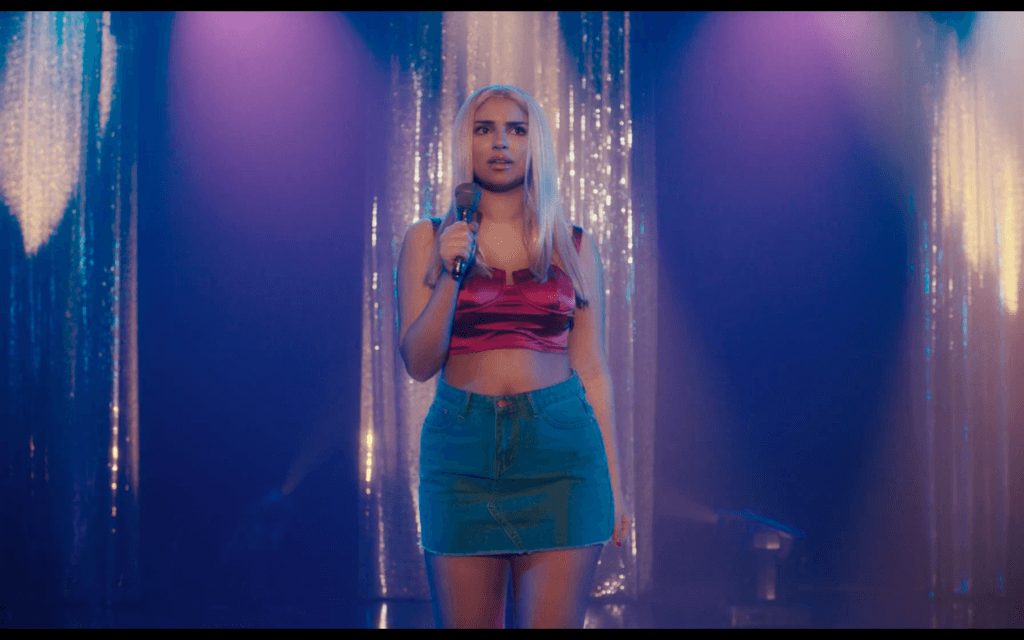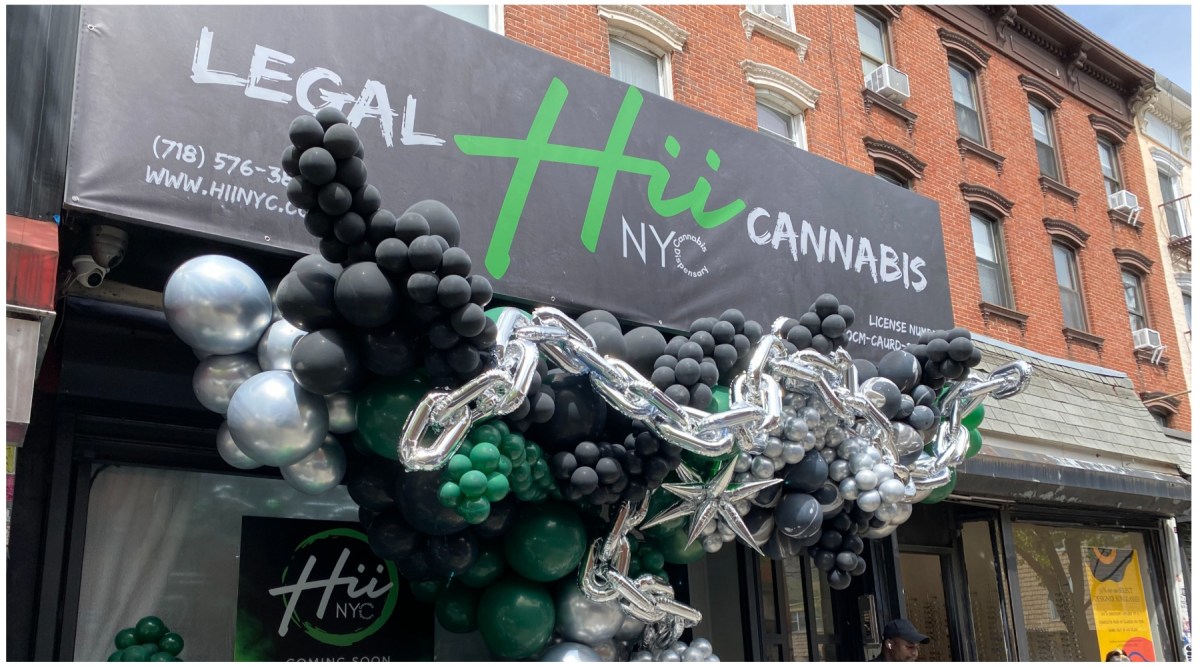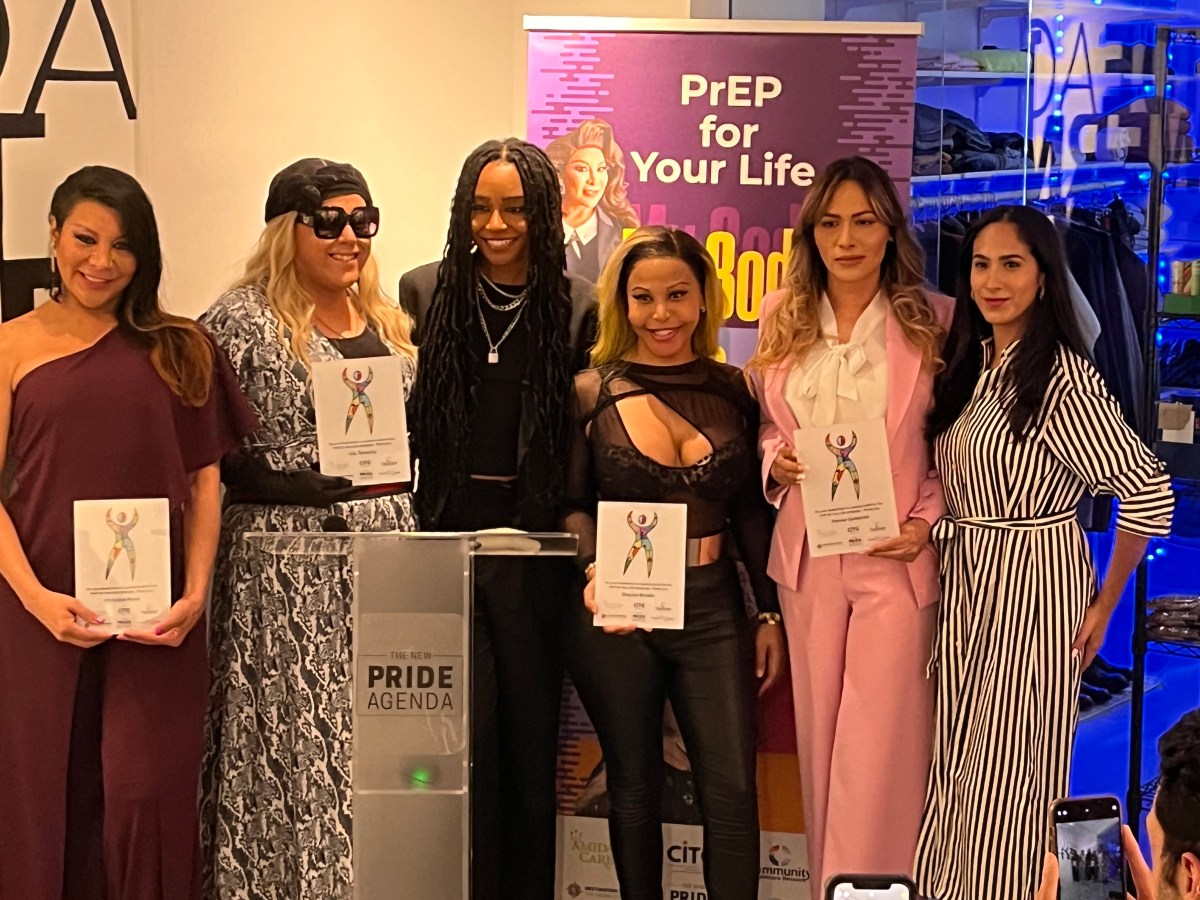Burning Brighter, a French Cinema festival, is celebrating the diversity of emerging voices in French Cinema this weekend at Florence Gould Hall.
The French Institute Alliance Française’s Burning Brighter: New Voices in French Cinema is an in-person and online festival that features prize-winning films by new French filmmakers from different cultural backgrounds. These new French filmmakers are trailblazing a French cinema world that is more reflective of modern society by introducing new narratives and turning the lens to faces and places rarely seen on screen.
“I’m really excited to show a new kind of French storytelling, new stories coming from different voices, because if it wasn’t for people like Claire (festival co-curator and member of the Directors’ Fortnight Selection Committee at the Cannes Film Festival), who are dedicated to a more equal French movie world, I don’t think these movies would be shown,” said Holy Fatma, whose film, “Blooming Dalia,” will show in the festival.
The Burning Brighter festival includes films that tell stories of daily struggles, hard-won redemption, sexual oppression, identity, and belonging. The festival will include six features, six shorts, one TV series, exclusive director Q&As and a roundtable discussion.
“We wanted to offer a diversity of genres and voices in both short and feature films,” said Delphine Selles-Alvarez, the French Institute Alliance Française’s curator. “It was important for us to show how these filmmakers take on different genres to express their stories.”
The in-person festival begins October 1 at 7 p.m. with a screening of “The Skies of Lebanon,” directed by Chloé Mazlo. The film is set in the 1950s and inspired by her family’s life in the years leading into the Lebanese Civil War. The film is in French, Arabic and Italian with English subtitles.
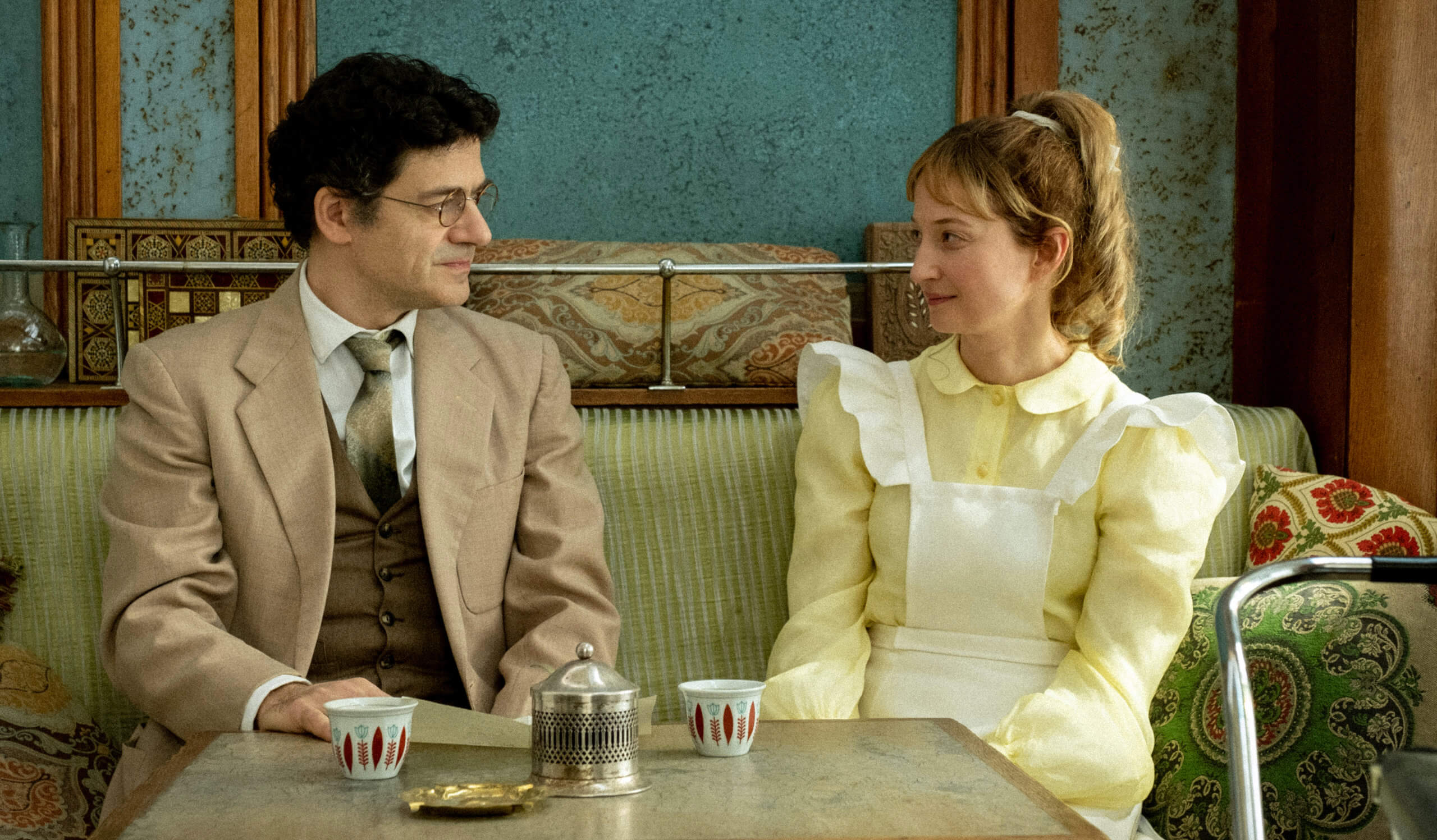
The festival will conclude its in-person screenings on October 3 with “Red Soil (Rouge)” directed by Farid Bentoumi which tells the story of a character who must confront problems that speak to today’s most pressing moral issues.
Providing a space for emerging French filmmakers
Claire Diao, festival co-curator, said the purpose of the festival is to help present a new generation of emerging French filmmakers. In choosing which films and filmmakers to include in the festival, Diao said she looked for films that provided a different perspective on France, emerging filmmakers, filmmakers who were not necessarily connected to the United States, women filmmakers and films that included diverse and emerging actors.
“The industry is receiving a lot of pressure to be more representative and support filmmakers and films that actually represent what French society looks like, which is a very multicultural society today,” said Selles-Alvarez.
Historically, the cinema industry in France has been difficult to enter especially for people of color and for people who are not involved with the right networks, have less money and less or no formal training. Diao wanted to provide an outlet for the new generation of French filmmakers who are creating meaningful content despite barriers.
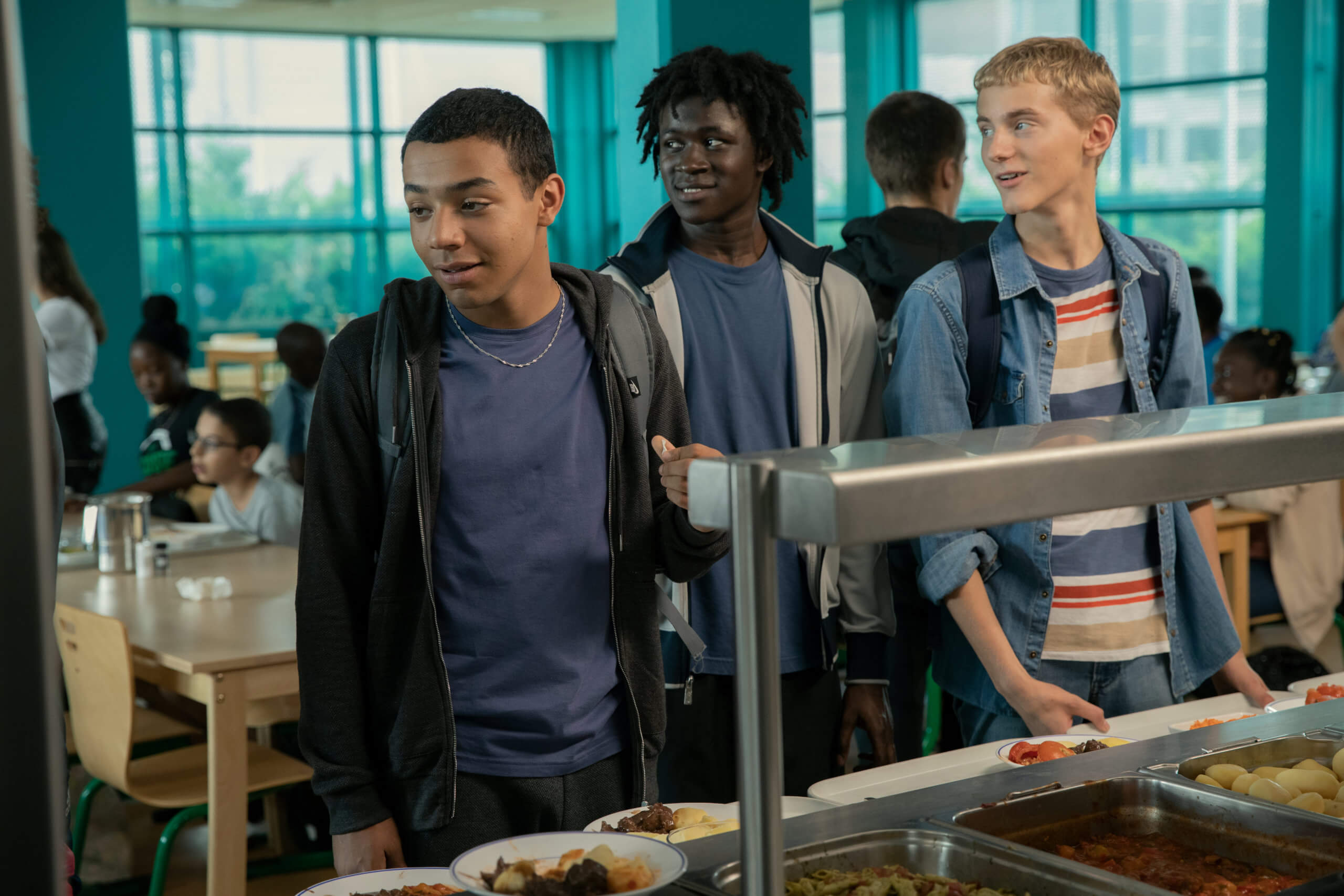
“It’s Important to open your mind to other and new filmmakers to see what’s going on and be aware that within the industry, there are struggling filmmakers who have something to say,” Diao said. Adding, “These filmmakers are real fighters who have a story to tell.”
The curators wanted to present these films to New Yorkers to give them the opportunity to discover these emerging filmmakers, who come from diverse origins and multicultural backgrounds, whose films don’t always make it to America.
“They’re emerging strongly on the French scene today, and we want to make sure audiences have the chance to see the richness and the diversity of work they offer: from social dramas, to comedies, lyrical films, even some sci-fi and superhero pieces, there’s so much happening in France, with artists of color, that we wanted to share that with New York,” Selles-Alvarez said.
Behind the scenes: why the filmmakers created their work
A commonality of many of these emerging filmmakers is that they are grappling with their place in the world, Selles-Alvarez said. The characters in their films are too struggling with embracing the traditions of where they came from while also being part of modern French culture. Many of the films explore the question of “Who am I?” but through varying genres.
“Blooming Dalia,” directed by Holy Fatma, is a story of identity about a French girl who reconnects with her Algerian roots. Fatma’s film will show at the festival on Saturday at 5:30 p.m.
Fatma, who is French and Algerian herself, first started film as a satyr based on a reality TV star, but as she was writing it, she decided to make the film more personal.
“I had to make peace with that Algerian part of me that I hated so much,” said Fatma, who will be attending the festival to give an in-person introduction about her film .
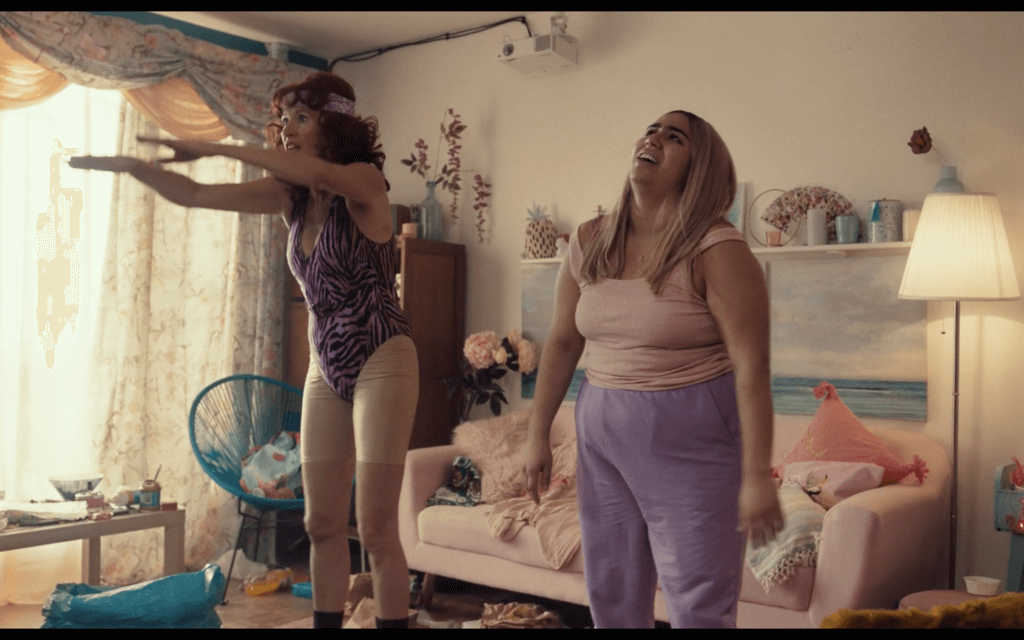
Fatma went to Algeria twice during the film to see family and reconnect with herself and her background.
“It was a whole process of reconnecting and realizing I don’t have to reject that (being Algerian) because I am that (Algerian), and it’s fine,” Fatma said. “I’m French, Algerian, Italian and American. I feel like I’m a bit of so many things.”
The main character of Fatma’s film is a fake blond, overweight, Algerina girl. Fatma said that while this voice exists in society, it has never been seen in French cinema. The story is a classic tale of a woman trapped between two cultures, but it is told through comedy and fantasy.
“I believe we are all tired of those movies about diversity that are dark and sad and miserable and told by an exterior eye, so that’s the difference is that I get to tell my own story,” Fatma said.
“Simply Black,” directed by Jean-Pascal Zadi and John Wax is a comedy that explores topics of racism and coalition. “School Life,” directed by Grand Corps Malade and Mehdi Idir, creates a vivid depiction of the lives of contemporary French teenagers. “A Brighter Tomorrow,” directed by Yassine Qnia tells the story of a man striving to overcome his circumstances and change his fate.
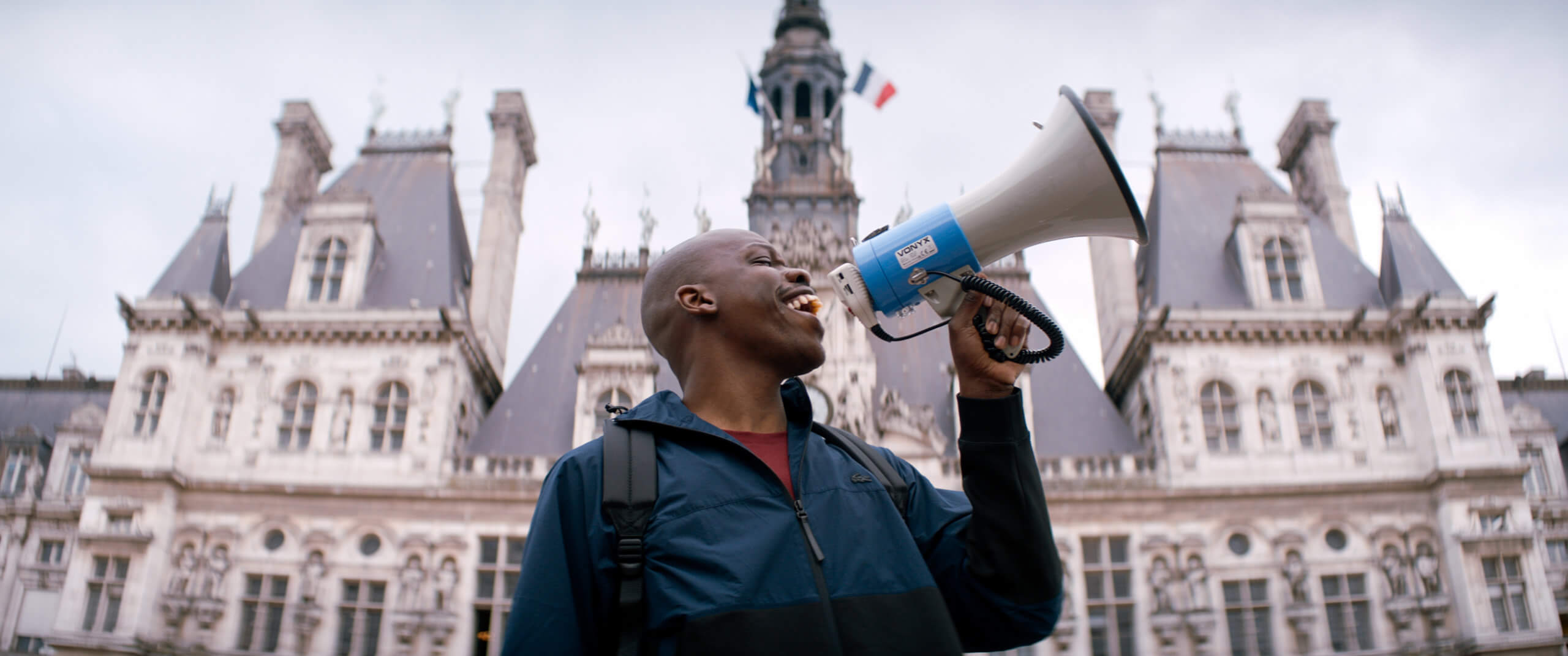
Bringing French Cinema to New York
While French films have an audience in the U.S., changing viewing habits and audience has made it more difficult for French cinema to be seen and recognized, Selles-Alvarez said. French cinema has traditionally attracted an older audience, and it’s been difficult to renew that audience of younger movie goers, she said.
In France, as in the U.S., questions of social justice, representation access and equity have become more important, and those questions have reached the cultural world and the world of cinema, Selles-Alvarez said. As more French films begin to address these issues, it may help draw in a wider audience.
“French cinema, just like in the U.S., is such a popular art that it’s positioned to reach broader audiences and help influence perspectives to better understand diversity and similarities that we all share as humans,” Selles-Alvarez said.
Selles-Alvarez said French cinema has the resources to give a space to filmmakers of diverse origins and filmmakers of color to be able to express themselves and share their own stories and where they are coming from.
“France has a very strong support system to fund films, and this has made cinema a vital and very rich sector of cultural life and industry in France. It’s interesting because this system makes it possible to take risks on films and filmmakers to support new and original voices,” Selles-Alvarez said.
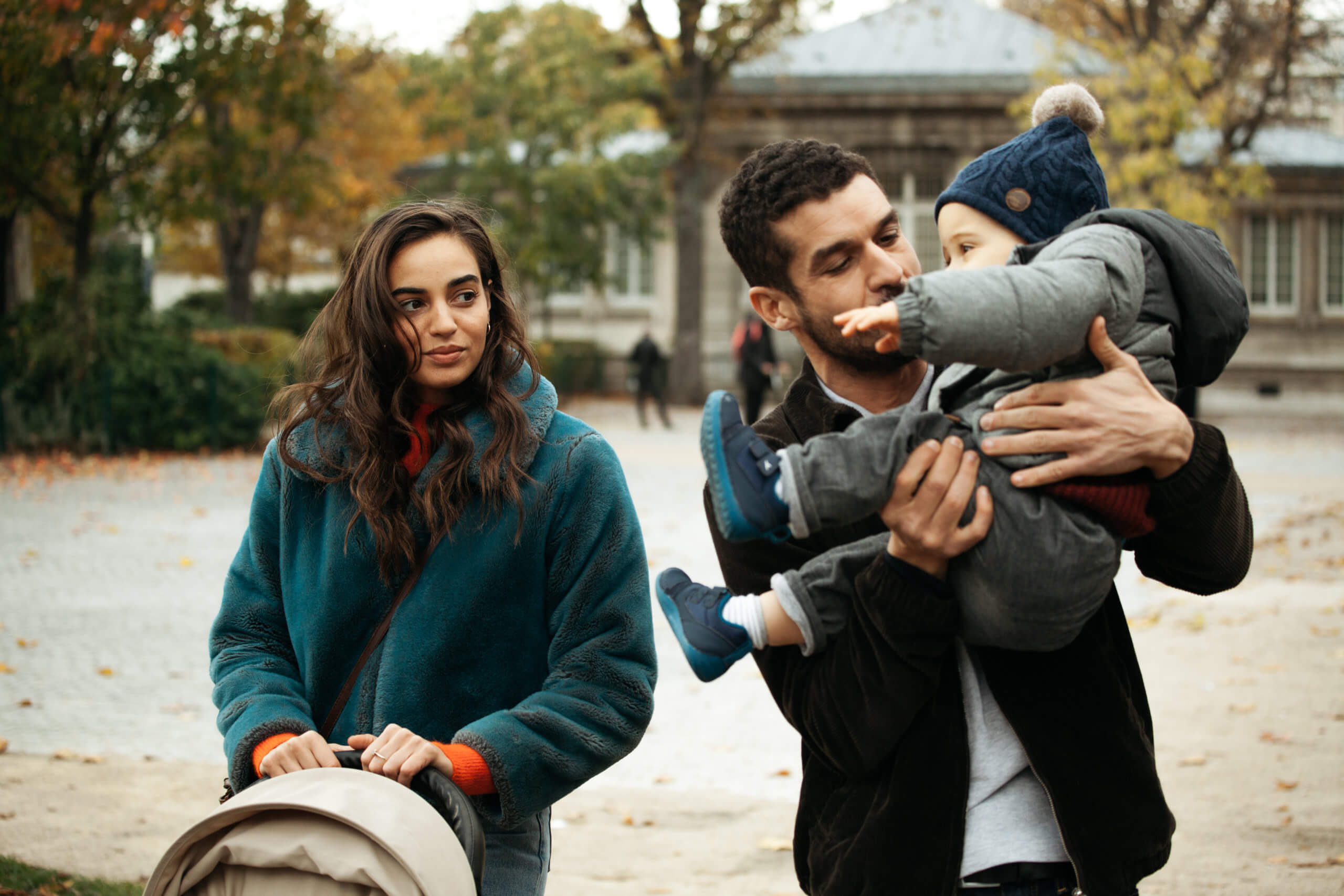
Fatma said she is curious to see the audience’s reactions, especially from non-French people because the film is a French Algerian story and the jokes are based around those two cultures.
“I can’t wait to see what works with the American audience and what doesn’t,” Fatma said “But, overall, I want them to come out from the screening with that feeling that they have discovered the story of a character that they have never seen, and I hope they’ll laugh because it’s a funny and touching movie.”
While the main character visually exists in America, Fatma’s technique of using comedy to explore the idea of finding yourself and being comfortable with who you are is what makes the film so different.
The festival will continue online from Sunday, October 3 until Sunday, October 10 with six additional films. Created with The Edmond de Rothschild Foundations, the festival demonstrates the important role the arts plays in showcasing different communities.



